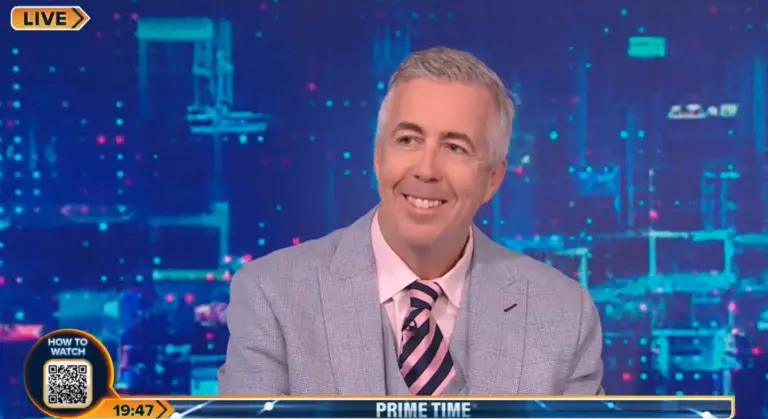Richard Florida, an urban theorist and Director of Business and Creativity at the University of Toronto’s Martin Prosperity Institute and Rotman School of Business, gave a keynote on the role the Olympic legacy can play in shaping London’s future community.
Having followed Florida over the years, it’s not surprising to see him transitioning his theoretical take on the ‘Great Reset’ to practical terms within the context of London’s Olympic legacy. Florida’s overarching doctrine is based on the concept of the post-industrial age. In this new economic environment, Florida believes that societies are shifting away from economies of industrial production towards economies based upon intellectual ingenuity – what has been coined: the knowledge economy.
The concepts of the knowledge economy, or creative economy, or digital economy have all been accepted by urban theorists, economists, and political scientists worldwide. What Florida proffers is that urban centres are hubs of creativity, centres of job creation, and ultimately the primary indicator of economic growth. As such, it is integral for decision makers, investors, and developers to make the best possible decisions when planning infrastructure. He predicts that in the future 40 mega-regions will produce two-thirds of the world’s economic output.
All this relates to London because the Olympics presents decision makers with a pivotal moment. Planning and infrastructure decisions made following the Olympics will dictate whether or not London reaches its potential as a Floridian: ‘quality of place’. ‘Place making’ is a term I regularly referenced in my previous lobbying role, where I promoted policies aimed at fostering creative communities. The idea is that specific choices can be taken in growing urban areas to augment their capacity to attract young, intelligent, creative people. The same people will induce the local economy with the knowledge/creativity/digital know-how it needs to succeed within the knowledge economy. Urban centres cannot simply be wall to wall skyscrapers – they must be planned in a fashion to attract talent in order to cultivate a creative cluster. The quality of place is thus achieved by re-purposing spaces for new roles, offering cultural attractions and improving infrastructure.
If the companies bidding on the Olympic legacy infrastructure can do so in a manner which will leverage the innovative potential of the buildings, land and communities, then London can hope to develop a planning platform dedicated to ‘quality of place’. A concerted effort should be placed within the real estate and planning paradigm for the post-Olympic legacy to promote creative clusters based upon a knowledge economy. If that succeeds, then London may end up leveraging the economic output of the Olympics far beyond the closing ceremonies.



